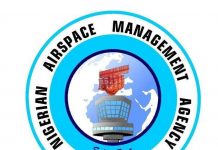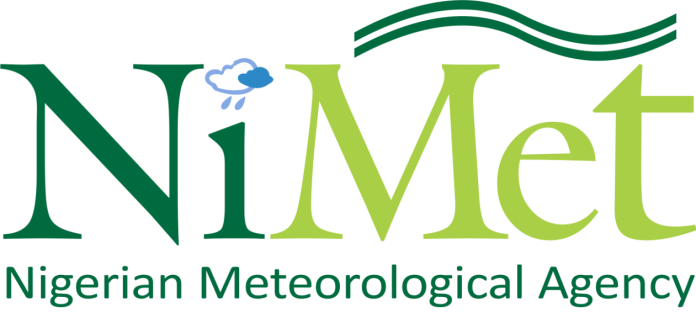The Nigerian Meteorological Agency (NiMet) has revealed that its nationwide air quality monitoring stations are in a deplorable state, jeopardizing the agency’s ability to effectively fulfill its critical mandate of safeguarding public health. This revelation follows a comprehensive audit exercise commissioned by NiMet’s management in February 2024, under the leadership of Director-General/CEO, Prof. Charles Anosike.
The audit focused on evaluating the operational status and condition of seven key air quality monitoring stations strategically located across the country in Sokoto, Kano, Maiduguri, Yola, Enugu, Lagos, and Abuja. These facilities represent a significant financial investment and are essential for monitoring air quality and providing crucial data to support environmental policies and public health initiatives.
According to the audit report, led by Mrs. Olumide Olaniyan, General Manager of NiMet’s Air Quality Monitoring Unit, the findings are deeply concerning. The report highlighted that with the exception of Sokoto, which has just been installed, and Yola, where installation is still ongoing, the remaining five stations are in an alarmingly poor condition. This situation has severely compromised their ability to function effectively.
The audit uncovered several issues, including ill-conceived contracts, lack of contractor compliance and maintenance capability, and the abandonment of air quality stations. For instance, the Kano station has been incomplete for over five years due to the contractor’s failure to finalize the installation, resulting in the station not being officially handed over to NiMet. Similarly, the Enugu station, which became operational in 2013, only functioned until 2015. In 2019, the station’s critical equipment, including gas analyzers and wind sensors, were taken by the contractor for servicing and repairs but have yet to be returned.
The report attributed these issues to a lack of proactive maintenance and resource allocation by past management, which has hindered the stations’ ability to operate at full capacity. This negligence has, in turn, limited NiMet’s capacity to provide accurate air quality data, thereby affecting its ability to protect public health.
Reacting to the audit findings, Prof. Anosike emphasized the importance of the audit in providing management with firsthand knowledge of the state of the agency’s equipment. He noted that the findings, though shocking, will guide NiMet in determining where to channel resources effectively. Anosike also highlighted that the audit aligns with the mandate given by the Honourable Minister of Aviation and Aerospace Development, Festus Keyamo, SAN, which is part of a broader five-point agenda to ensure strict compliance with safety regulations and improve Nigeria’s rating by the International Civil Aviation Organization (ICAO).
















